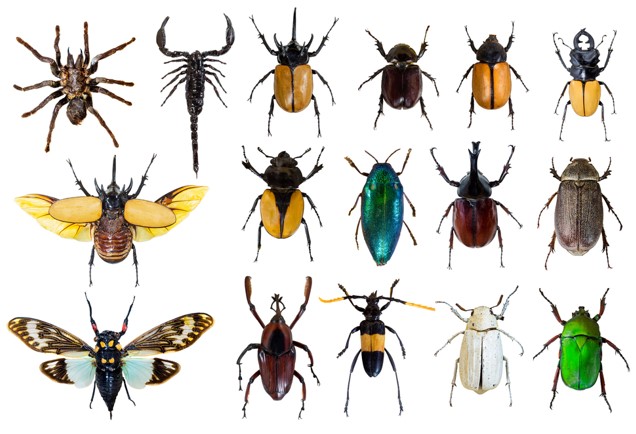Subscribe
Stay updated with our newsletter
Images provided by: depositphotos.com
Conclusion
Bug bites can be uncomfortable and annoying, but there are several effective methods for relieving the itch and reducing the risk of infection. By following the tips outlined in this article, you can effectively manage the itch of a bug bite and get some much-needed relief. Remember to clean the bite thoroughly, apply an over-the-counter treatment or natural remedy, avoid scratching, and keep the bite covered to reduce the risk of further irritation or infection. If the bite becomes red, swollen, or painful, or if you develop other symptoms, it's important to seek medical attention as soon as possible.

